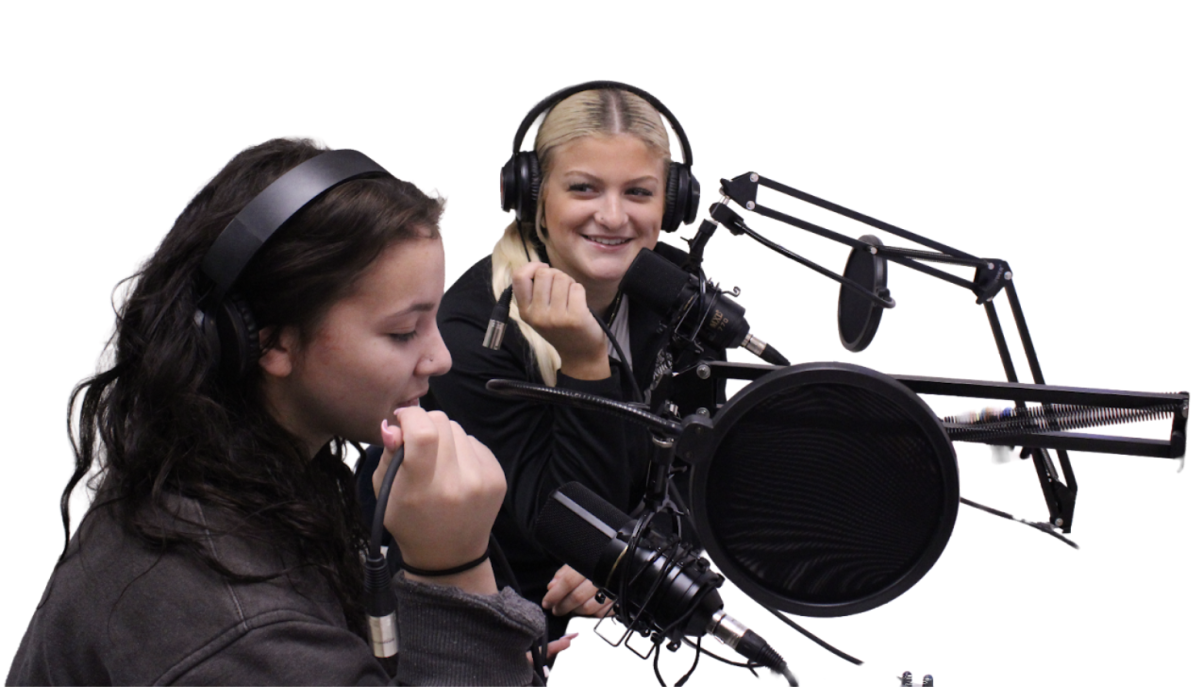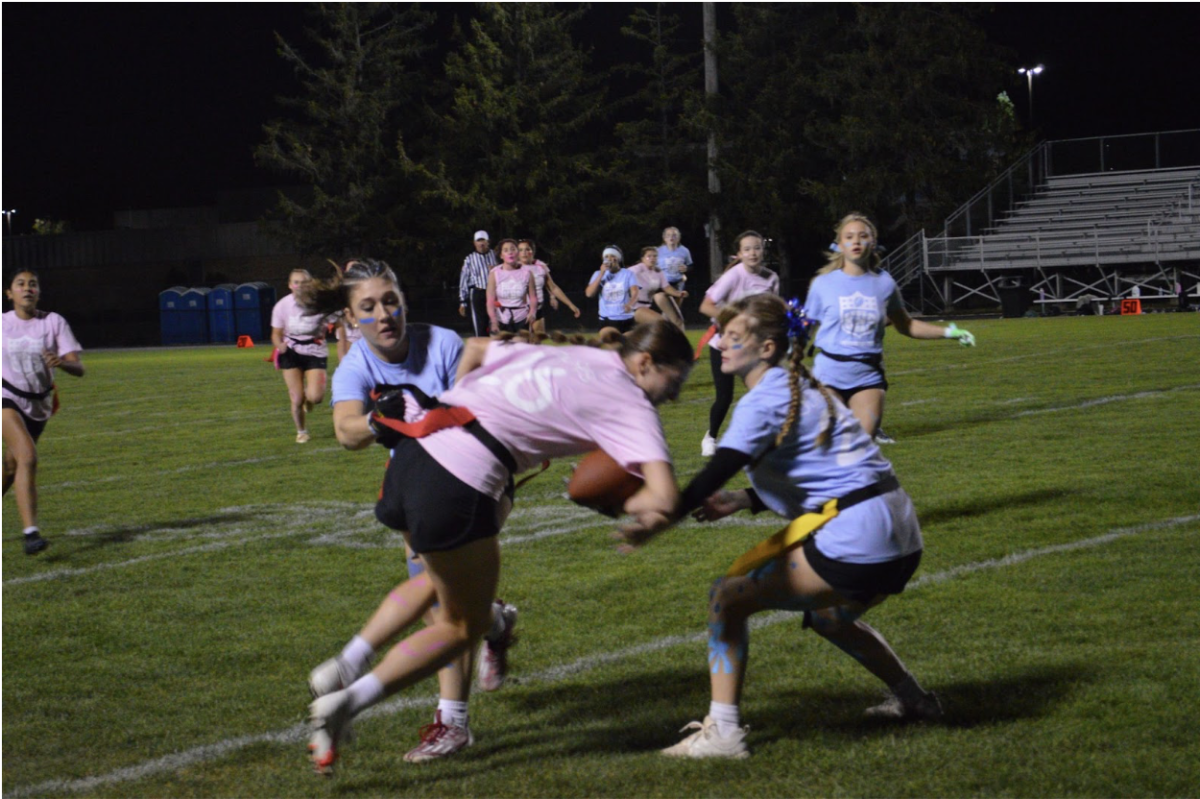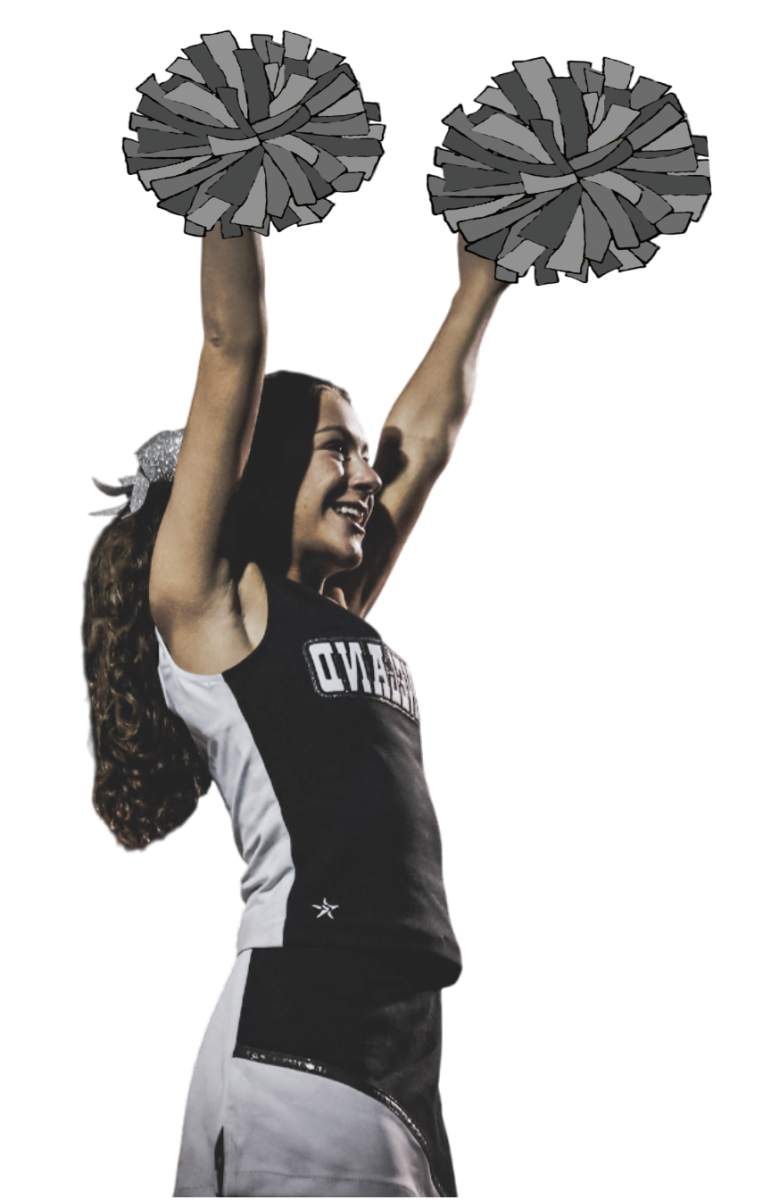You are lining up at the free throw line, ready to shoot the game-winning shot against your school’s rival. You hear the crowd screaming as you drip with sweat. But then you overanalyze your form and begin to worry. It’s a shot you have made thousands of times, but in this case, your thoughts do not allow you to focus. You miss it.
This situation is caused by a phenomenon called the yips. “The ‘yips’ is an informal term for a movement disorder involving your wrists. It causes involuntary muscle spasms when you’re trying to perform a specific movement,” health and fitness journalist Kristen Nunez said. In short, the yips impact an athlete’s mental state and causes them to overthink an activity or a skill. This causes athletes to not perform simple skills as they normally would. Athletes already tend to overanalyze their movements, so having the yips increases the chances for a breakdown in their performance.
Most sports have their version of the yips, and high school athletes who often feel stress or worry about their performance can suffer from them. There is no definitive treatment, and there is little information known about what causes them or how to stop them. Many, though, think they come from the stress that athletes consistently feel.
“I put too much pressure on myself whenever I play basketball. [I get] into my own head, and it makes me not as responsive,” junior basketball player Esohe Enorense said.
When one gets into their own head and starts to overanalyze their performance, this can cause them to mess up their actions that they normally would find easy. When a soccer player shoots a penalty kick, a basketball player releases a free throw or a baseball player swings a bat, what goes through their minds? Well, when someone puts excessive pressure on themselves or when others put too much pressure on them, it can lead players to only think about making mistakes. Even if these tasks are seemingly simple, players cannot always control the performance anxiety that results. The need to impress and do their best when playing is a form of stress for many athletes. Though it is obviously important to do their best, that does not mean that athletes should put pressure on themselves.
“Whenever I’m on the field, I worry and overthink how I’m playing and then I don’t play as well as I know I can,” junior soccer player Josh Schimmel said. “When I constantly focus on not making mistakes, it causes even more mistakes. I know I just need to trust myself because I know I am capable of playing well.”
When it comes to the yips in golf, it is a very common term that most golfers know because of nerves that can cause them to miss seemingly easy putts. There are even some superstitious players who believe that the yips should not be brought up before or during a match. Involuntary movements caused by the yips often occur in the wrist, which is what causes a ball to be poorly putted. While there is no successful treatment for the yips, there are methods that people use to try to prevent them.
“All you can do is just remember that it’s the next one, not the ones you’ve already hit. Rely on the things you do know, and once you’ve done that, make the best swing you can,” Kaneland varsity golf coach Mark Davoust said.
It is important to remember that during matches, practices, games and meets, athletes face a lot of stressful situations that may feel out of their control. Remembering that mistakes happen but that they don’t define a player is important.
“Having faith in yourself and trusting, that’s the best defense against the [the yips],” Davoust said.
The yips can also make people doubt themselves in everyday life, causing them to be more stressed. Athletes can feel guilty and upset when they think about messing up or causing their team to struggle because of something they did. These feelings can continue to affect them after the moment has passed. They may feel like they’re not good enough or that they let their team down because they made a mistake.
Sports can cause many negative feelings, but athletes need to keep their heads up after making mistakes and know that those happen to everyone.


















